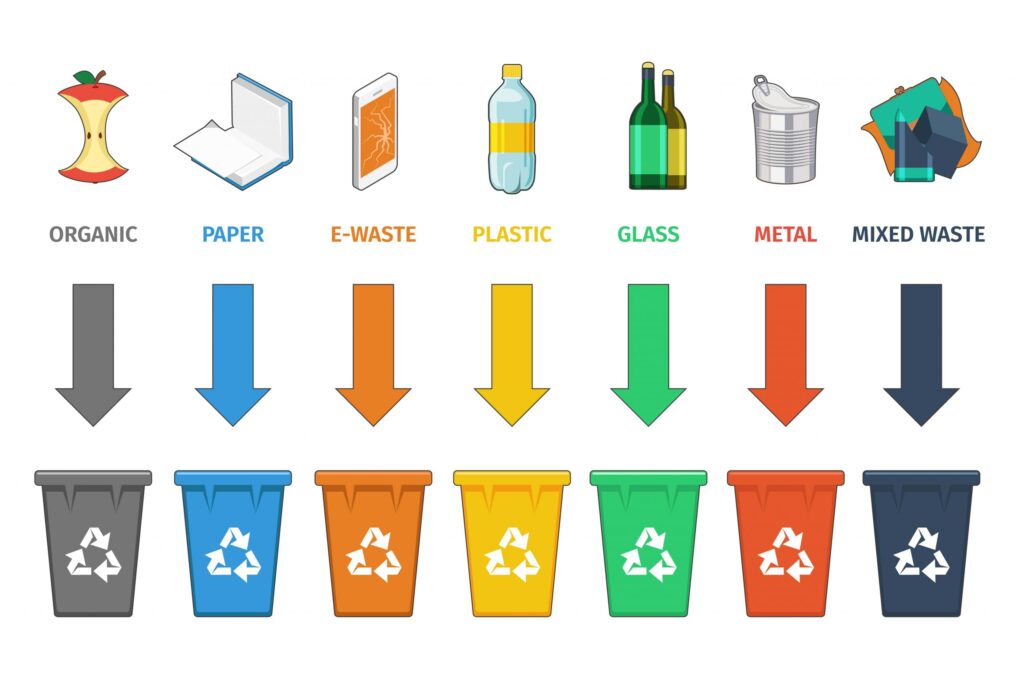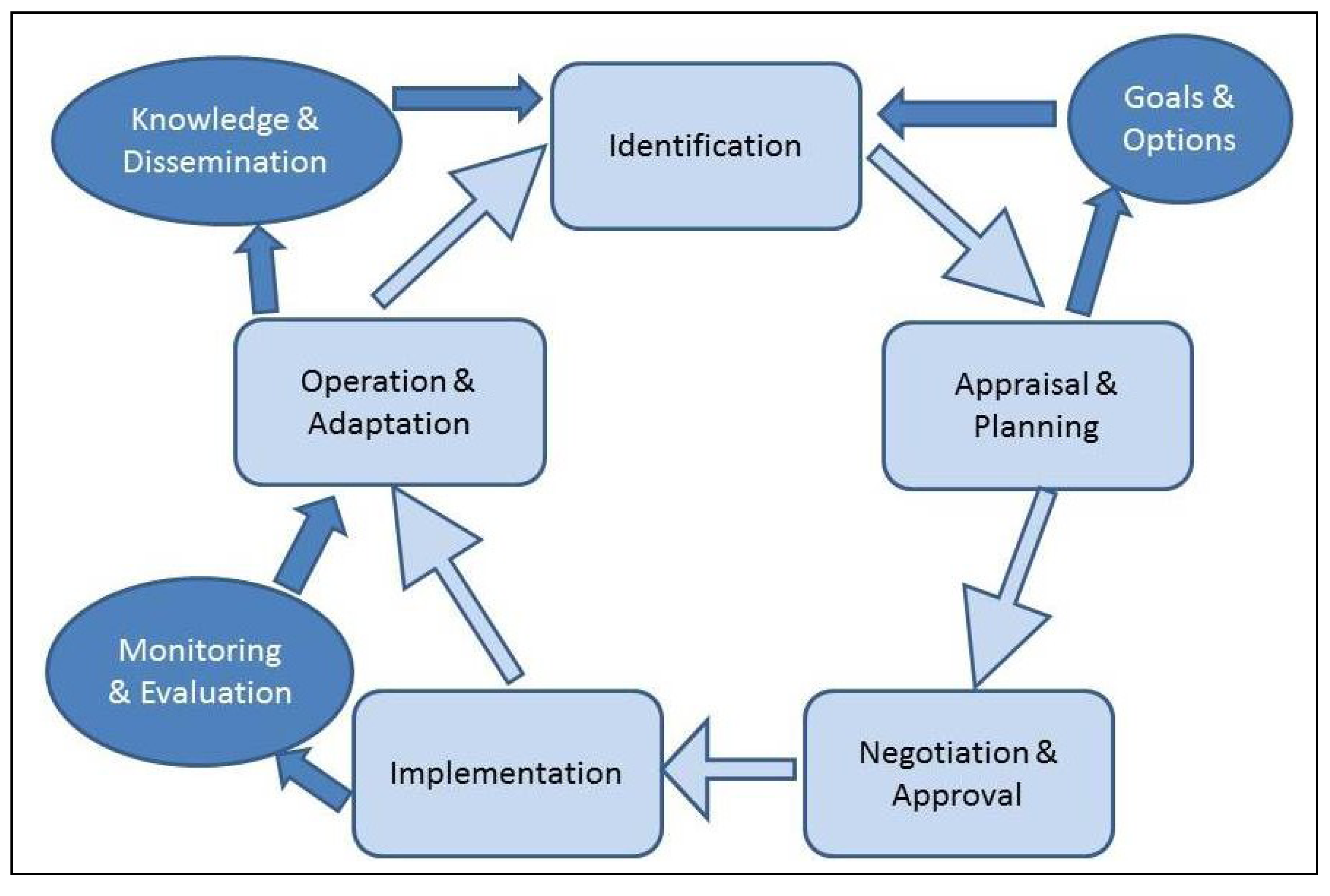In this article, you will learn about professional solutions for efficient waste management. We will discuss the importance of managing waste effectively and the benefits it brings to both the environment and businesses. You will also discover different strategies and techniques used by professionals to minimize waste and maximize recycling. By the end of this article, you will have a better understanding of how professional waste management can contribute to a more sustainable future.
Introduction to Waste Management
Waste management plays a crucial role in maintaining a clean and healthy environment. With the ever-increasing population and industrialization, effective waste management has become more important than ever before. Proper waste management not only helps in preserving natural resources but also minimizes pollution and ensures public health and safety.
Understanding Waste Management
Waste management refers to the collection, transportation, processing, and disposal of waste materials. It involves various strategies and techniques aimed at minimizing the negative impact of waste on the environment, while also maximizing resource recovery and energy generation.
Importance of Efficient Waste Management
Efficient waste management is essential for several reasons. Firstly, it helps in reducing the environmental impact of waste by limiting pollution and conserving natural resources. Secondly, it promotes economic sustainability by recovering valuable materials from waste and converting them into useful products. Finally, efficient waste management improves public health and safety by preventing the spread of diseases and reducing hazards associated with improper waste disposal.
Overview of FL’s Professional Solutions
In Florida, one company leading the way in professional waste management solutions is FL. With their innovative and comprehensive approach, FL has been instrumental in developing sustainable waste management practices. Their range of services includes waste audits, collection and segregation, recycling technologies, waste-to-energy conversion, and eco-friendly disposal methods.
Types of Waste
There are several types of waste that need to be managed effectively. Understanding these waste types is crucial for developing appropriate strategies for their disposal and treatment.
Solid Waste
Solid waste refers to any non-liquid waste material generated from various sources such as households, industries, and commercial establishments. This includes materials like plastic, paper, food waste, and construction debris. FL’s professional solutions include efficient collection and segregation methods to ensure proper handling and disposal of solid waste.
Liquid Waste
Liquid waste includes wastewater from various sources such as domestic activities, industrial processes, and agricultural practices. It contains contaminants and pollutants that can harm the environment if not treated properly. FL’s waste management solutions include advanced technologies for the treatment and disposal of liquid waste in an eco-friendly manner.
Hazardous Waste
Hazardous waste refers to materials that pose a significant risk to human health or the environment. These include chemicals, solvents, batteries, and electronic waste. FL specializes in the safe handling, storage, and disposal of hazardous waste, ensuring compliance with regulations and minimizing potential risks.
Biodegradable Waste
Biodegradable waste consists of organic materials such as food waste, yard waste, and agricultural residues. FL’s waste management solutions emphasize the importance of composting and other biological treatment methods to convert biodegradable waste into valuable resources like fertilizer or renewable energy.
Electronic Waste
Electronic waste, or e-waste, includes discarded electronic devices like computers, televisions, and mobile phones. These devices contain hazardous materials that require proper handling and disposal to prevent environmental contamination. FL has developed specialized methods for the recycling and disposal of e-waste, ensuring proper resource recovery and minimizing environmental impact.
Radioactive Waste
Radioactive waste is generated from nuclear power plants, medical facilities, and other sources that utilize radioactive materials. It poses significant risks to human health and requires specialized handling and disposal methods. FL’s waste management solutions include safe storage, transportation, and disposal of radioactive waste, following strict regulatory guidelines.
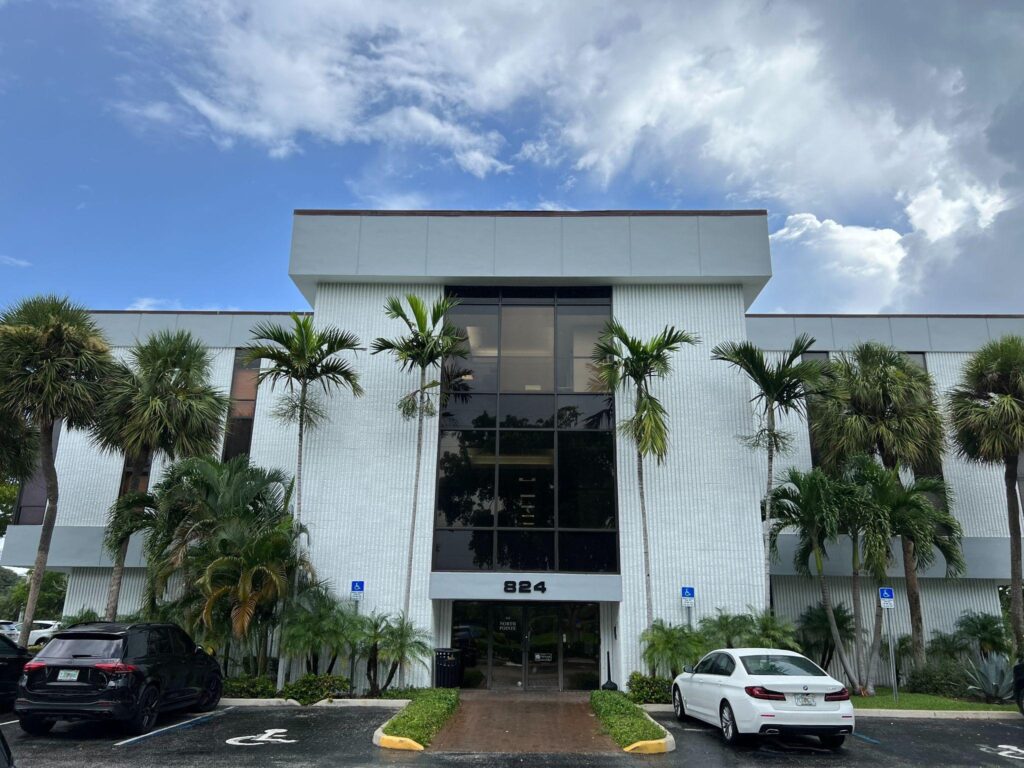
Challenges in Waste Management
Despite the importance of efficient waste management, there are several challenges that need to be addressed to ensure its effectiveness.
Increasing Waste Generation
One of the major challenges in waste management is the ever-increasing volume of waste being generated. As population and consumption patterns continue to rise, managing this waste becomes more difficult. FL’s professional solutions focus on waste reduction strategies and resource recovery to minimize the overall volume of waste generated.
Limited Landfill Space
Another challenge is the limited availability of landfills for waste disposal. Landfills occupy vast areas of land and pose significant environmental hazards if not properly managed. FL’s waste management solutions emphasize the importance of reducing landfill reliance by promoting recycling, composting, and waste-to-energy conversion.
Contamination and Pollution
Improper waste handling and disposal can lead to contamination and pollution of soil, water, and air. Toxic substances from waste can leach into groundwater, and air pollution can result from the burning of waste. FL’s waste management practices prioritize responsible waste handling and disposal to minimize contamination and pollution risks.
Lack of Proper Disposal Facilities
Inadequate disposal facilities can limit the proper management of waste. Many communities lack the necessary infrastructure for waste treatment and disposal. FL’s professional solutions involve the development and installation of necessary infrastructure to ensure efficient waste management in even the most remote locations.
FL’s Waste Management Solutions
FL offers a range of waste management solutions designed to address the challenges and complexities of modern waste management.
Comprehensive Waste Audit
Before implementing any waste management strategy, FL conducts a comprehensive waste audit to assess the types and quantities of waste generated. This helps in designing customized solutions tailored to specific waste management needs.
Efficient Collection and Segregation
FL emphasizes the importance of efficient waste collection and segregation to ensure the proper handling and disposal of waste. They provide specialized containers and collection methods to encourage responsible waste disposal practices.
Advanced Recycling Technologies
FL utilizes advanced recycling technologies to recover valuable materials from waste. They work with state-of-the-art facilities to provide efficient recycling solutions, reducing the need for raw material extraction and minimizing environmental impact.
Waste-to-Energy Conversion
FL’s waste management solutions also include waste-to-energy conversion systems. Through processes like incineration or anaerobic digestion, waste is converted into usable energy sources. This helps in reducing the dependency on fossil fuels and promoting a more sustainable energy future.
Eco-friendly Disposal Methods
For waste that cannot be recycled or converted into energy, FL implements eco-friendly disposal methods. This includes safe landfilling practices and the use of proper containment systems to minimize the environmental impact of waste disposal.
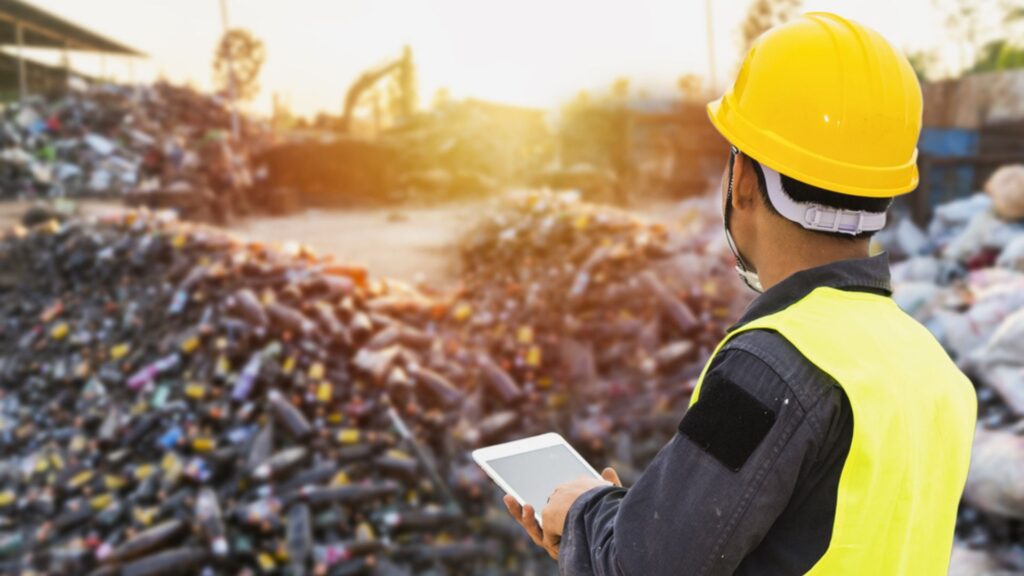
Benefits of FL’s Professional Solutions
Implementing FL’s professional waste management solutions can bring several benefits to communities and businesses.
Reduced Environmental Impact
Efficient waste management reduces the environmental impact of waste by minimizing pollution, conserving natural resources, and reducing greenhouse gas emissions. By promoting recycling and resource recovery, FL’s solutions contribute to a more sustainable future.
Cost-effective Waste Management
FL’s solutions are designed to be cost-effective, helping businesses and communities reduce waste management costs. By implementing efficient collection and recycling practices, organizations can minimize waste disposal expenses and potentially generate revenue from recovered materials.
Compliance with Regulations
FL ensures that all waste management solutions comply with local, state, and federal regulations. By partnering with FL, organizations can be confident in meeting their legal obligations regarding waste handling, storage, and disposal.
Enhanced Resource Recovery
FL’s recycling and waste-to-energy conversion technologies maximize resource recovery from waste. Valuable materials can be extracted and reused, reducing the need for raw material extraction and promoting a more circular economy.
Improved Public Health and Safety
Proper waste management is essential for public health and safety. By implementing FL’s solutions, communities can minimize the risks of disease transmission, contamination, and hazardous exposure. This contributes to a safer and healthier living environment for all.
Implementation Process and Timeline
FL’s waste management solutions follow a systematic implementation process to ensure seamless integration and effectiveness.
Initial Consultation and Site Evaluation
FL begins the process with an initial consultation, understanding the specific waste management needs of the client. They then conduct a thorough site evaluation to assess the existing waste management practices and infrastructure.
Customized Waste Management Plan
Based on the assessment, FL develops a customized waste management plan that addresses the specific needs and requirements of the client. This plan includes strategies for waste collection, segregation, treatment, disposal, and resource recovery.
Installation of Necessary Infrastructure
FL provides the necessary infrastructure for waste management, including specialized containers, collection vehicles, recycling facilities, and waste treatment systems. They ensure that all infrastructure meets the highest standards of safety and efficiency.
Training and Education Programs
FL conducts training and education programs to familiarize clients and their employees with proper waste management practices. This includes information on waste segregation, recycling methods, and the importance of responsible waste disposal.
Continuous Monitoring and Evaluation
FL maintains a continuous monitoring and evaluation system to ensure the effectiveness of their waste management solutions. They regularly assess the performance of the implemented strategies and make necessary adjustments to optimize efficiency.
Regular Reporting and Analytics
FL provides regular reports and analytics to clients, highlighting key performance indicators, waste reduction achievements, and resource recovery rates. This helps in evaluating the success of the waste management program and identifying areas for improvement.
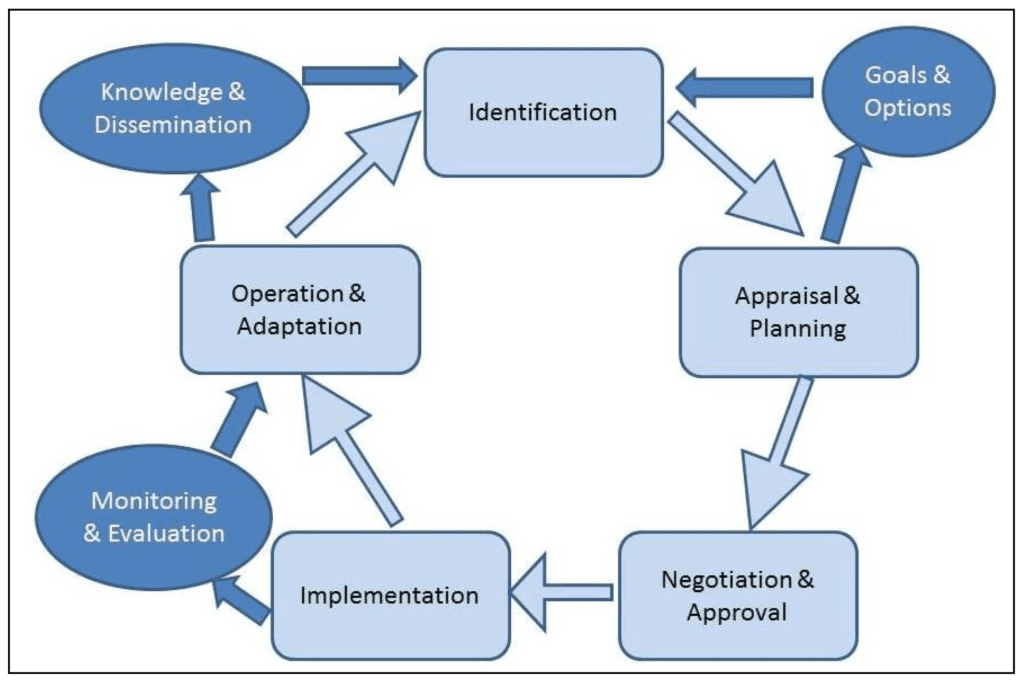
Success Stories and Client Testimonials
FL has a proven track record of delivering successful waste management solutions to a wide range of clients. Here are two case studies showcasing their expertise:
Case Study: Industrial Waste Management Solution
FL worked with a large industrial complex to develop an efficient waste management solution. By implementing advanced recycling technologies and waste-to-energy conversion systems, FL significantly reduced the amount of waste sent to landfills. The client reported a substantial decrease in waste management costs and improved environmental performance.
Case Study: Municipal Waste Management Solution
In partnership with a city municipality, FL implemented a comprehensive waste management program. This included efficient waste collection and segregation, as well as the establishment of recycling facilities and composting systems. The municipality reported a significant reduction in overall waste volume and increased resource recovery rates.
Client Testimonial: XYZ Corporation
“Working with FL for our waste management needs has been a game-changer for our organization. Not only have they helped us reduce our environmental impact, but they have also saved us a significant amount of money on waste management costs. Their professionalism and expertise in the field are second to none. We highly recommend FL for any waste management needs.”
Future Trends in Waste Management
As waste management continues to evolve, several trends are shaping the industry’s future.
Integration of Internet of Things (IoT)
The integration of IoT technology allows for better monitoring and management of waste. Smart sensors and data analytics can optimize waste collection routes, track bin levels, and identify areas for improvement.
Automation and Robotics
Automation and robotics are revolutionizing waste management processes. Robotic sorting systems and autonomous collection vehicles increase efficiency, reduce costs, and minimize human exposure to hazardous waste.
More Sustainable Packaging
As consumer demand for sustainable products grows, there is a shift towards more eco-friendly packaging solutions. Biodegradable materials, reusable packaging, and innovative designs are becoming more prevalent to reduce waste generation.
Circular Economy Approach
The concept of a circular economy aims to minimize waste by designing products and systems that promote reuse, recycling, and resource recovery. This approach encourages a more sustainable and efficient use of resources, reducing the need for waste disposal.
Collaborative Initiatives
Collaborative efforts between governments, businesses, and communities are essential for effective waste management. Public-private partnerships, community recycling programs, and educational initiatives foster a collective responsibility in managing waste.

Importance of Public Education and Awareness
Public education and awareness play a vital role in promoting responsible waste management practices.
Promoting Responsible Consumption
By educating the public about the environmental impact of excessive consumption, individuals can make informed choices and practice responsible consumption habits. This includes reducing waste generation, reusing products, and supporting businesses with sustainable practices.
Educating Communities on Recycling
Community education programs can raise awareness about the importance of recycling and teach individuals how to segregate waste properly. By fostering a recycling culture, communities can maximize resource recovery and minimize landfill reliance.
Encouraging Waste Reduction Practices
Public awareness campaigns can encourage waste reduction practices, such as composting, purchasing in bulk to reduce packaging waste, and avoiding single-use products. These practices contribute to a more sustainable lifestyle and waste management system.
Partnerships with Schools and NGOs
Partnerships between waste management companies and educational institutions or non-governmental organizations (NGOs) can facilitate waste management education in schools and communities. These partnerships can promote recycling initiatives, organize clean-up drives, and conduct awareness programs.
Conclusion
FL’s professional waste management solutions provide a comprehensive approach to addressing the growing challenges of waste management. Through innovative technologies, resource recovery strategies, and eco-friendly disposal methods, FL helps businesses and communities achieve efficient waste management while minimizing environmental impact.
Efficient waste management is not just an obligation; it is an opportunity to create a more sustainable future. By embracing FL’s professional solutions, we can pave the way for a cleaner and healthier environment. Let us all take the necessary steps to protect our world for the generations to come.
